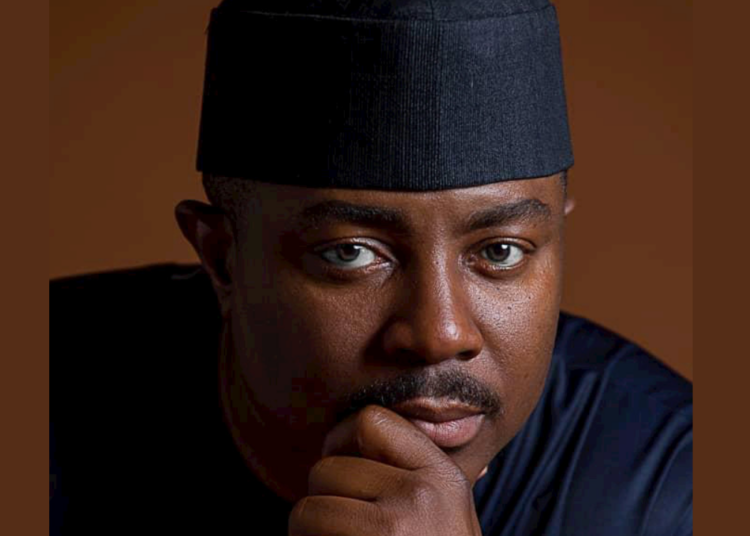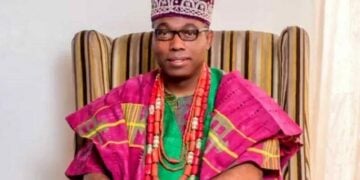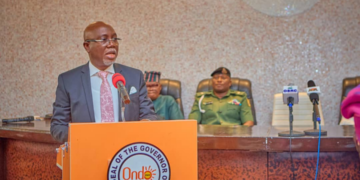A former member of the House of Representatives, Robinson Uwak said poor data gathering and implementation of policies are key reasons poverty alleviation programmes failed in Nigeria.
In a statement, the former lawmaker said the high level of poverty and gross inequality in the country was a threat to national security, stability and unity.
Commending President Bola Tinubu for the equitable distribution of resources in spite of dwindling revenue, he called for a more sustainable approach to addressing the situation.
He said, “poverty alleviation ought to be treated as a development policy, not a charity project, this is why programmes are not only ineffective but unstable.”
Nigeria, in 2023 was adjudged the country with the highest poverty rate in the world with 71 million people living in extreme poverty while 133 million of the country 214 million people living in multidimensional poverty, according to the World Poverty Clock and the National Bureau of Statistics (NBS).
Uwak bemoaned the poor standard of living, huge unemployment, low wages and called for collective action to tackle it.











